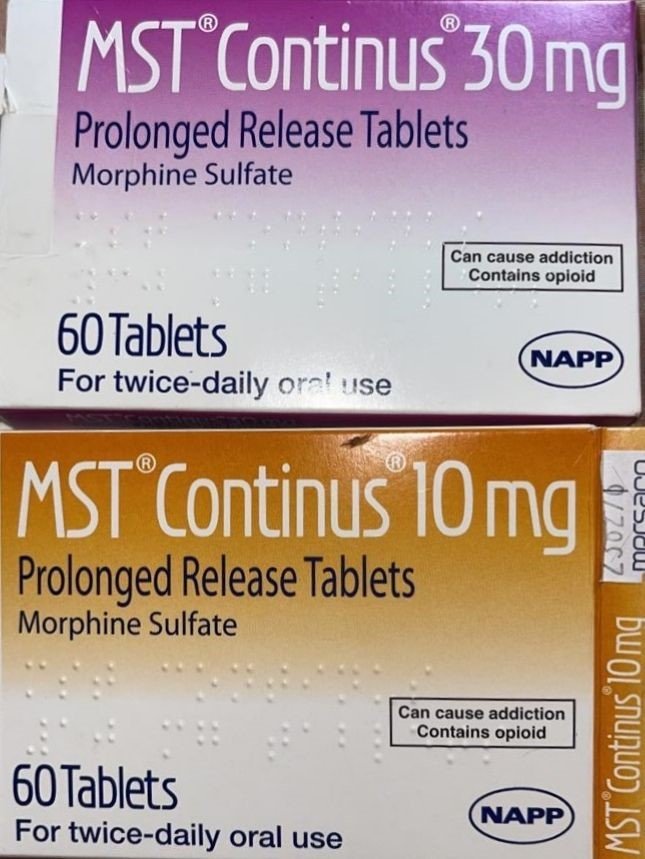President Donald Trump's recent comments targeting Federal Reserve Chair Jerome Powell, labelling him "a major loser" for not lowering interest rates, have naturally sparked significant economic turbulence. The resulting plunge in US stocks and the dollar could have far-reaching implications for the global pharmaceutical drugs market and supply chain. Here, we provide an overview as to the possible impact on the Pharmaceutical Industry and hence patient healthcare across the globe.
The Pharmaceutical Industry is deeply intertwined with global financial stability. A weakened US dollar, as seen in this case, can lead to increased costs for imported raw materials and active pharmaceutical ingredients (APIs), many of which are sourced from countries like China and India. This could drive up production costs for US-based pharmaceutical companies, potentially leading to higher drug prices for consumers and healthcare systems (e.g. NHS), alike. Additionally, the volatility in stock markets may deter investment in pharmaceutical research and development, as investors seek safer assets like gold.
Trump's criticism of Powell and the Federal Reserve's monetary policy also raises concerns about the independence of central banks. If political pressure leads to premature interest rate cuts, it could create inflationary pressures that further complicate the pharmaceutical supply chain. Inflation can erode purchasing power and disrupt long-term contracts, making it challenging for companies to maintain stable pricing and supply agreements.
Moreover, the broader economic uncertainty stemming from Trump's comments and the subsequent market reactions could exacerbate existing supply chain vulnerabilities. The Pharmaceutical Industry relies on complex, global networks for manufacturing and distribution. Economic instability can disrupt these networks, leading to delays and shortages of critical medications. For instance, tariffs or trade restrictions, which Trump has previously advocated (and we have discussed at www.pharmascholar.co.uk), could further strain international supply chains and increase costs.
In summary, Trump's remarks and the ensuing economic fallout highlight the interconnectedness of global markets. The Pharmaceutical Industry, as a vital sector, is particularly susceptible to such disruptions. While the immediate effects may be financial, the long-term consequences could impact drug accessibility and innovation, posing challenges for both companies and consumers worldwide.
The US Stock Market and the Stress Caused by President Trump’s New Comments.











